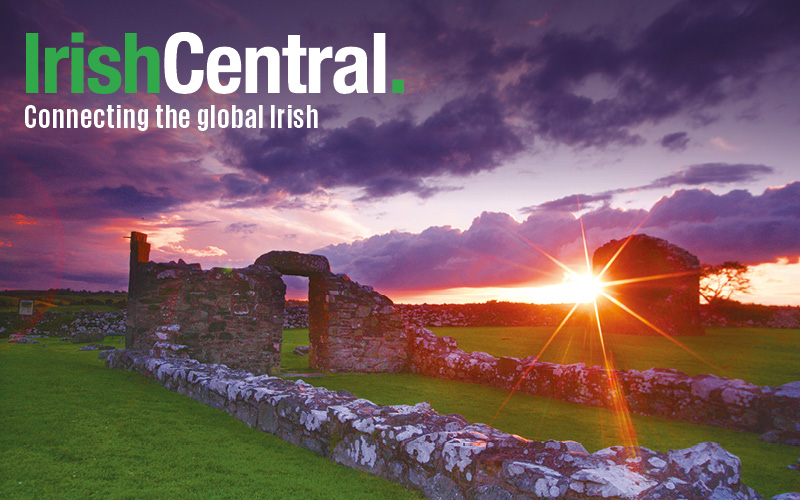There's is something particularly funny about very smart people saying things that are, well, kind of dumb.
A recent posting on The New Yorker magazine’s website came with the headline: “The Disturbing, Surprisingly Complex Relationship Between White Identity Politics and Racism.”
Where does one begin?
Literally. Like, is this going to be about how “disturbing” racism can be? Or how “complex” it can be?
Turns out the piece was an interview with a political scientist from Duke University named Ashley Jardina, who just wrote a book called White Identity Politics. This is a hot topic these days, what with white voters playing a big role in electing an, um, unusual president in 2016. Lots of people are trying to get into the heads of white folks to see what’s going on.
Read more: Making America worse one honest, dumb, bigoted statement at a time
Based on what Jardina has to say, they really need to keep on trying.
Give credit to Jardina for not simply dismissing any and all white folks as bigots. Still, in a 3,000-word interview, neither Jardina nor her questioner dig into a shocking fact -- that there is actually, you know, diversity in the white community. That there are different kids of white folks.
“For people high on white identity … they think immigration is threatening American culture, a particular flavor of American culture, one which is defined by Anglo-Saxon Protestant heritage, which is very much defined by whiteness,” says Jardina.
If you say so, professor. But others might argue that this only captures one slice of America’s big, white pie.
What about the millions and millions of children and grandchildren of Catholic and Jewish immigrants, many of whom also voted for President Trump, for reasons that most likely has very little to do with protecting America’s Anglo-Saxon Protestant heritage?
Interviewer Isaac Chotiner does ask, “Many self-identified white people do not have Anglo-Saxon backgrounds, so how do you understand their connection to that heritage, or what they see as its traditions?”
Jardina actually replies, “You are talking about Italians or something?”
And Chotiner actually has to say, “Yeah.”
And Jardina says, “I think those ethnicities don’t matter as much as they used to. Even though some people might feel some attachment to a European heritage that at one point wasn’t considered white, the Anglo-Protestant sense of whiteness has been broadly painted as a ‘European’ heritage.
“Most white people in the United States aren’t really splitting hairs that much, and probably a lot of people don’t realize that when many of their ancestors immigrated to the United States, they were not considered white. There’s this assumption that people from Europe are white people and have always been. We know that’s not true.”
Funny, but I don’t hear many folks in Irish and Italian and Polish enclaves -- and yes, such exotic places do still exist -- walk around calling themselves “European Americans.”
When firefighter Mike Moran, who lost his brother John on 9/11, bellowed from the Madison Square Garden stage that Osama bin Laden should “kiss my royal Irish ass,” perhaps it might have been even more memorable had he referred to his derriere as “European.”
Either way, even if you accept the premise that in 2019 white ethnics favor the former part of their identity over the latter, here’s a fun game -- try and guess one reason why Irish-, Italian-, and other Or-Something-Americans feel that way?
Because historians and other smart folks are very often disdainful and dismissive of their unique experiences in America. And so, if your immigrant grandfather was raised in Hell’s Kitchen, and your father moved out to Woodside, and you grew up in Pearl River or the Rockaways (both went heavy for Trump), you’re still seen as pretty much the same thing as a 10th-generation American from Tennessee.
I have my own problems with Irish Catholics who simplistically justify voting for candidates who would have hated their own grandparents. But smart folks who superficially explain how we got to Trumpland are not much better.
Read more: US sales of Irish whiskey remain strong despite a drop in alcohol consumption




Comments